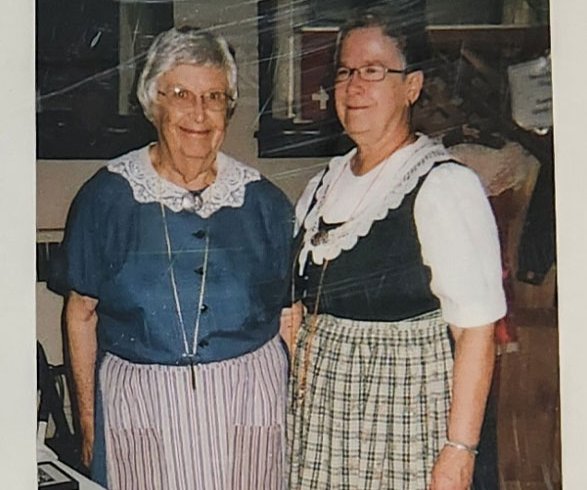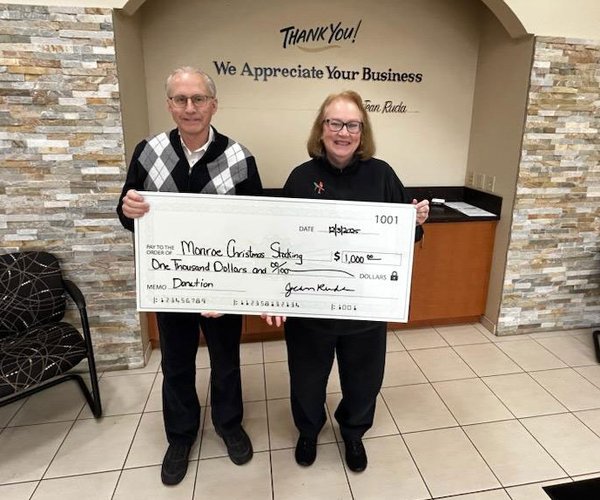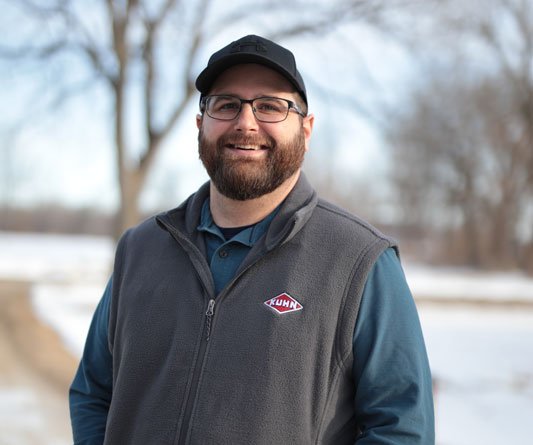MONROE — A few years ago, Jim Harrigan moved to Monroe with a story to tell.
The lifelong resident of Wisconsin had an interesting life — and an ordinary one — all at the same time. Growing up in north and central Wisconsin, he wanted his children and grandchildren to know how things used to be and to appreciate the good things in life. And so he set out to write a self-published book, printed by Christian Faith publishers, that he hopes will not only sell plenty of copies but to also remind readers of a simpler time.
“While I am not famous or rich, my story is unique as it is mine, and every person has a unique story to tell,” he wrotes in the introduction to his new book, a short memoir, titled “Harrigan’s Heritage: A True Life Adventure.”
Writing the 133-page book, he said, also helped him pass the time during the COVID-19 pandemic and all its restrictions.
Born in Fond du Lac, Harrigan grew up in Fairwater — population 345 — and at age seven moved with his parents who bought a resort on Little Green Lake. There on the lake, he encountered the vacationing public and the world of work at a young age. The lake job, it seemed, helped him learn to do a little of everything.
There also are some harrowing tales recounted therein of his ancestors settling Wisconsin — when the state was very young, and one time they were traveling in to town to go to the mill.
“…In those days, they only had a single-barrel shotgun, and if they got held up at the mill, it may have been close to dark when they started for home. There were large wolf packs in that area of Wisconsin, and the wolves would attack the horses (and then the men). If they ran into wolves, they would cut a large slice of meat and throw it behind the wagon. The wolves would stop to eat the meat, they could then again head for home. If the wolves came back, they would do the same thing and hopefully make it home safely.”


Many of the stories in the book are relatable for the detailed memories he conjures of old Wisconsin and Northwoods lake life. There’s the time he spent on a boat with a small outboard motor as young boy — fishing and exploring the lake on his own. And then there were the experiences with travelers who came to their little resort:
“Our business at the tavern/resort was good, and when I was around twelve, my dad said he would let me keep the money from the boat rental, bait and sale of gasoline if I would take care of it,” Harrigan qwrote. “My mother and dad ran the business themselves, and this was probably the only way he could keep me there and working instead of hunting and fishing.”
He also talks a lot about his family’s faith in the face of tough times, such as the family selling a beloved family cabin to make ends meet and moving into an apartment. It is those times that helps cultivate a sense of gratitude, he said.
“The Things we own (probably for most of us, the bank owns them) and the things we have accomplished (with a cooperative effort among ourselves, God, and our special angels) should be extremely satisfying,” he wrote.
His book weaves tales of growing up in a bygone era of Wisconsin, when parts of the state still seemed quite wild to those who settled there. A horrifying trip by his kin to town is recounted thusly:
While now happily enjoying retirement and small-city life in Monroe, Harrigan still stays close to the country by visiting his son’s farmette near Cadiz. He also hasn’t ruled out writing another book.
Sales of each of the “Harrigan’s Heritage” books results in a small donation to a local charity. Harrigan said he’s gotten a small amount of money from some initial sales thus far and is looking for a worthy local group for a donation.
“I wanted to do something, a small gesture, to help the community,” he said. “It’s not a lot but I hope we can do something to help.”
The paperback can be purchased online through Amazon, Apple iTunes and Barnes and Noble, among other outlets.





